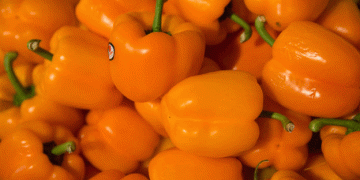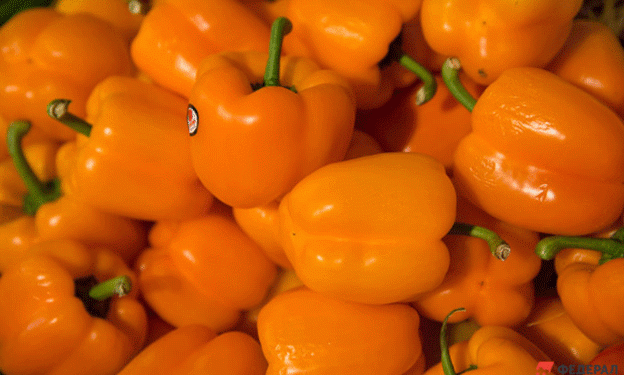In a significant move aimed at protecting local agriculture and food safety, the Chelyabinsk region of Russia blocked the import of 120 tons of vegetables from Kazakhstan between October 1 and 15, 2024. According to a statement from the Ural Rosselkhoznadzor (Federal Service for Veterinary and Phytosanitary Surveillance), seven incidents of non-compliance with import regulations were identified, involving various types of produce that posed high sanitary risks.
Among the blocked goods were 80 tons of melons, 20 tons of cabbage, 18 tons of peppers, 1.5 tons of rice, and 0.5 tons of radishes. The violations ranged from the transportation of peppers under invalid phytosanitary certificates to the absence of necessary labeling on other products. Phytosanitary certificates are essential for ensuring that imported goods meet the required standards for plant health and food safety. The failure to provide valid certification for certain produce, especially in the case of peppers, underscores the importance of maintaining rigorous oversight in the importation process.
This disruption in trade has significant implications not only for the Chelyabinsk region but also for the broader agricultural trade between Kazakhstan and Russia. As one of the key suppliers of vegetables to Russia, Kazakhstan’s agricultural exports play a critical role in meeting the demand for fresh produce, especially in regions like Chelyabinsk, which are heavily reliant on imports during the off-season. However, food safety concerns are becoming increasingly important, as the demand for high-quality, safe produce continues to rise among consumers.
The Russian agricultural sector, particularly the Ministry of Agriculture, has been taking steps to strengthen border control measures to prevent the import of unsafe products. According to recent reports from the Russian Agricultural Ministry, trade in plant-based goods has seen increased scrutiny in light of growing concerns about pests, diseases, and contamination risks from foreign imports. This incident in Chelyabinsk highlights the need for robust regulatory frameworks and adherence to import standards to safeguard local agriculture and consumer health.
Additionally, incidents like this one also have the potential to impact domestic producers. While the Chelyabinsk region has a strong agricultural base, the temporary halt in imports may lead to price fluctuations, particularly for vegetables not grown locally. Farmers in the region could experience both opportunities and challenges, as disruptions in supply chains may open gaps in the market while also prompting a reevaluation of the region’s self-sufficiency in vegetable production.
The blocking of 120 tons of Kazakh vegetables in Chelyabinsk highlights the critical role of sanitary and phytosanitary regulations in maintaining the integrity of agricultural trade. While such actions protect local consumers and farmers from potential risks, they also underscore the ongoing challenges in balancing trade relationships with food safety requirements. Ensuring compliance with these regulations will be essential for maintaining safe, sustainable agricultural imports while fostering the growth of local production.































